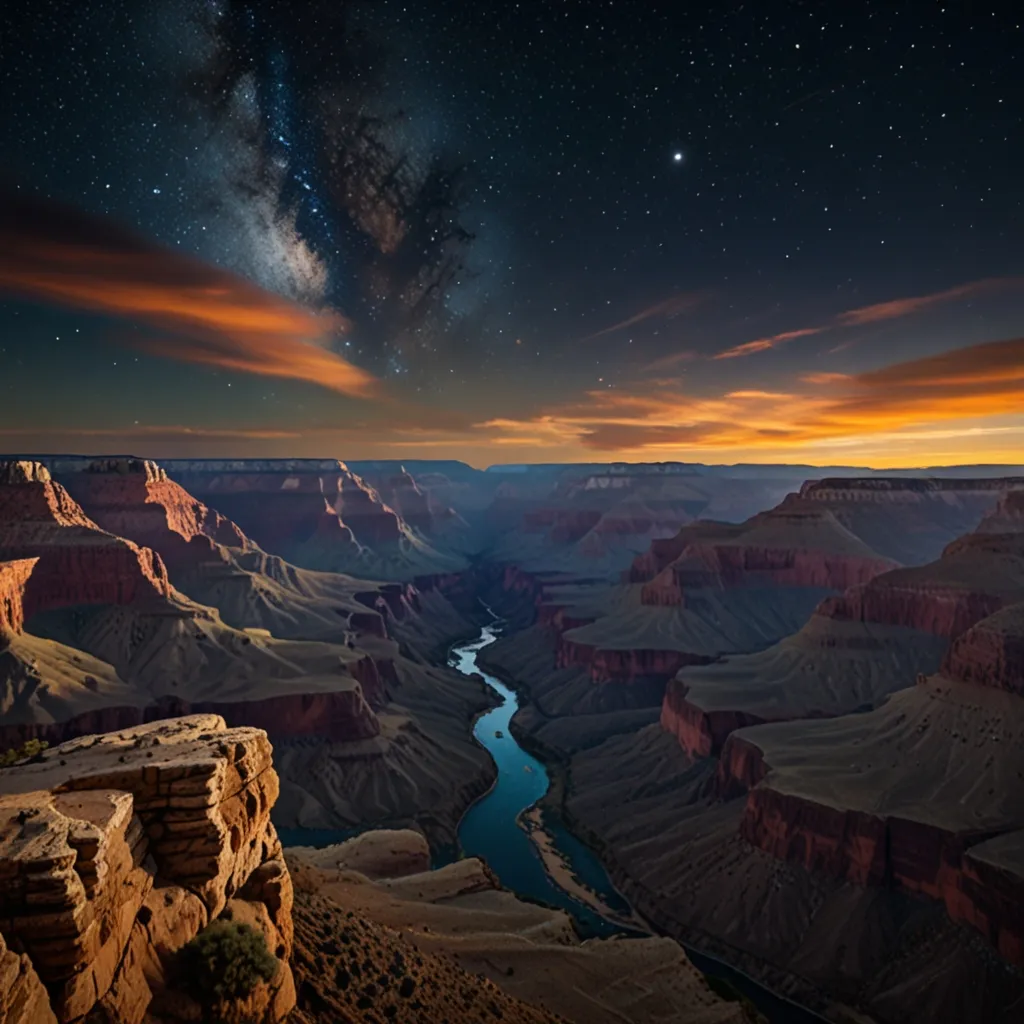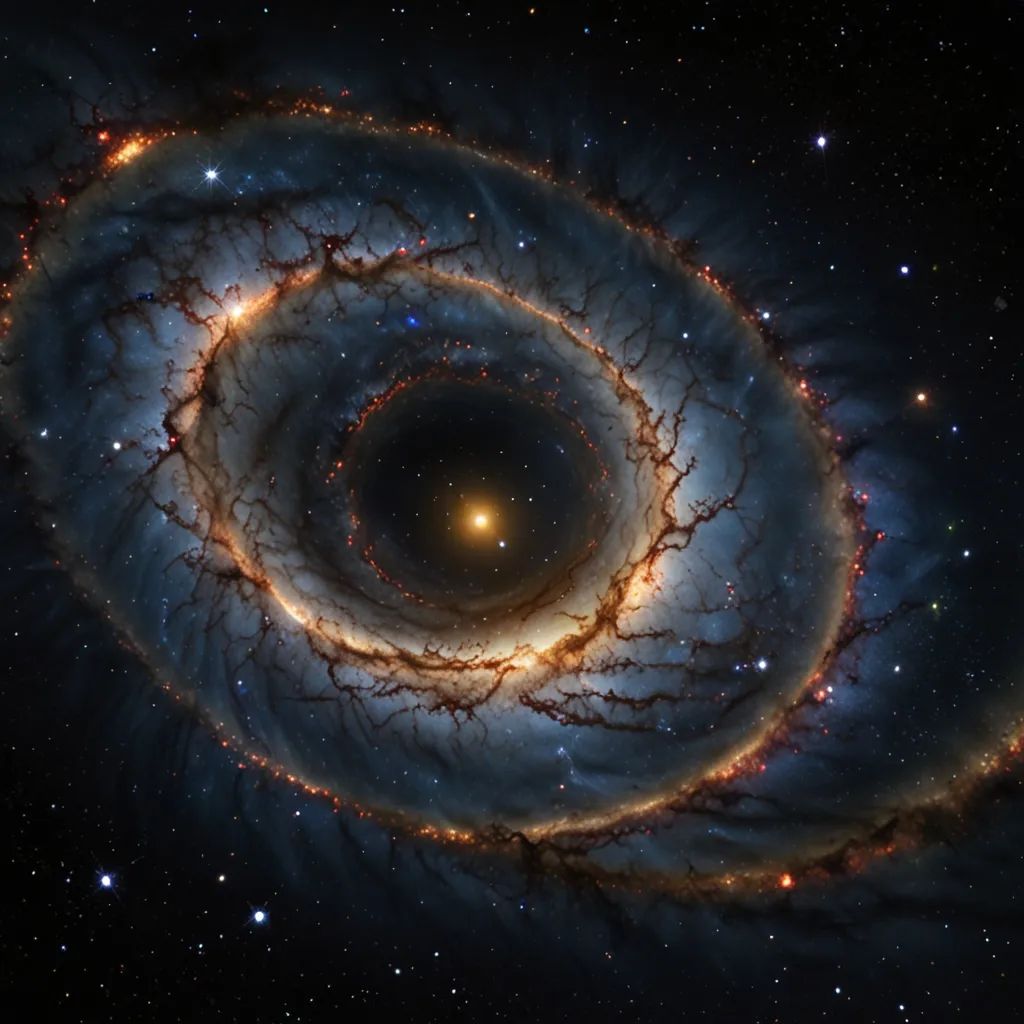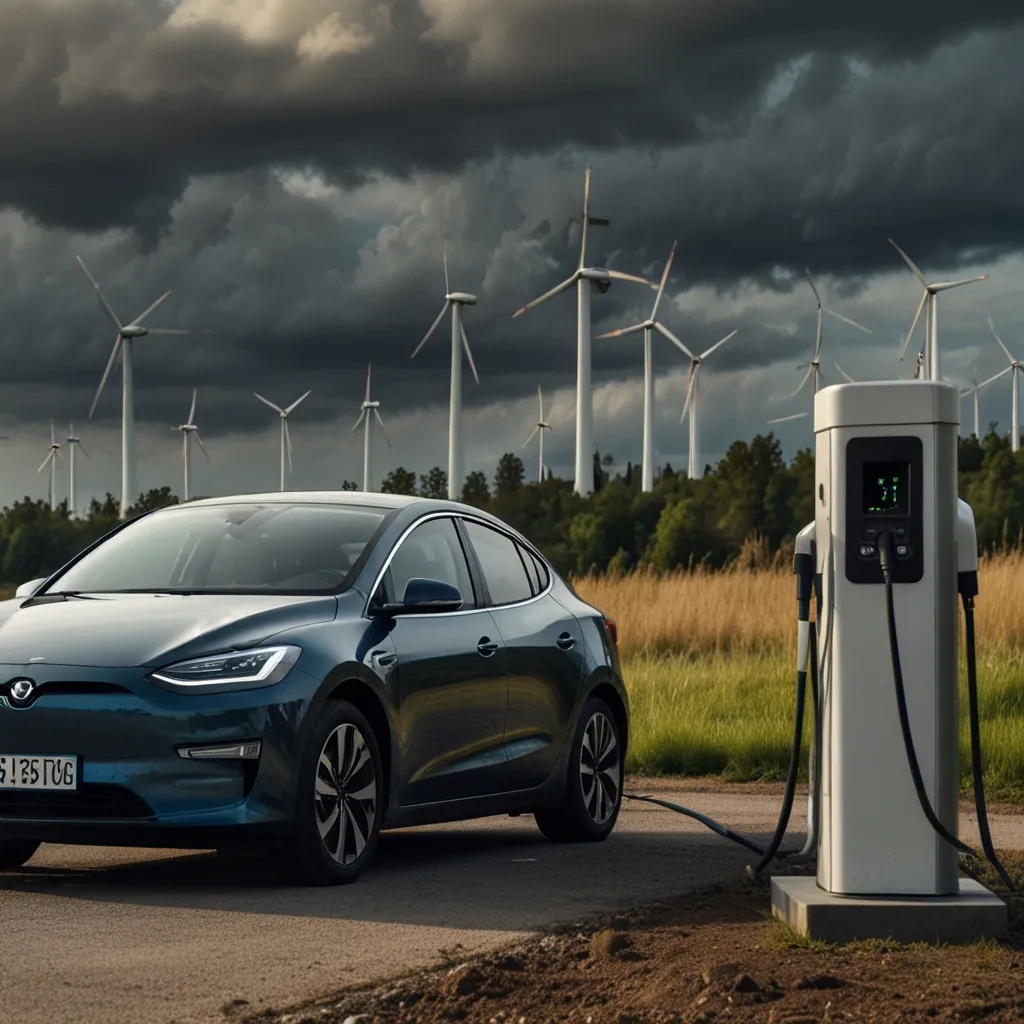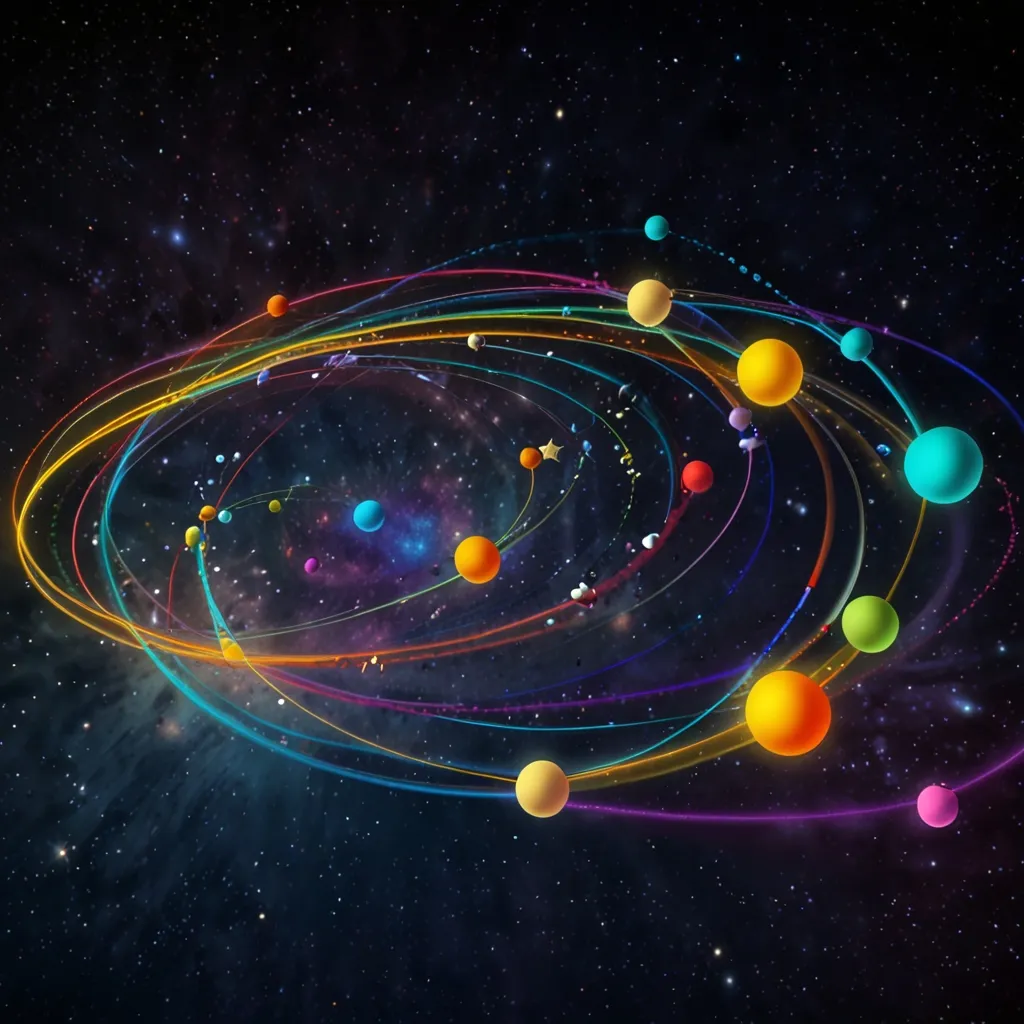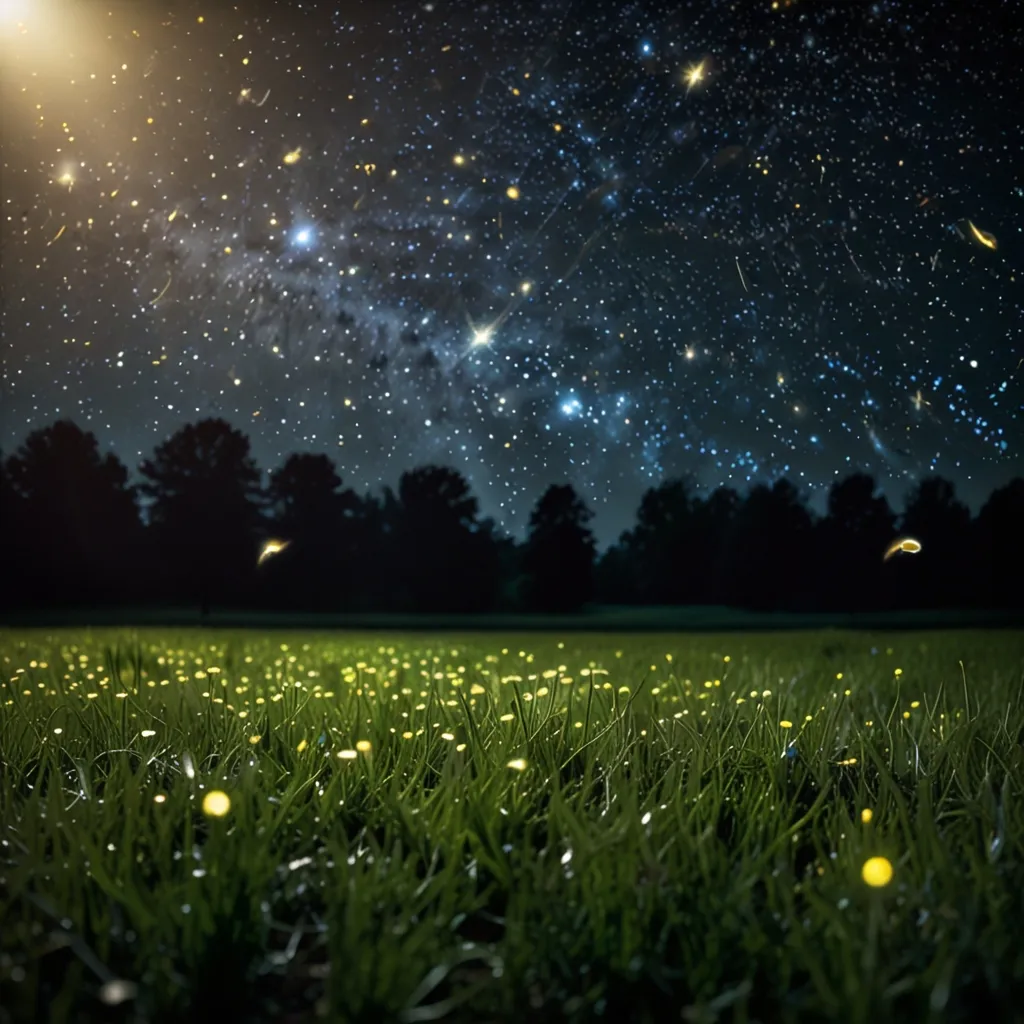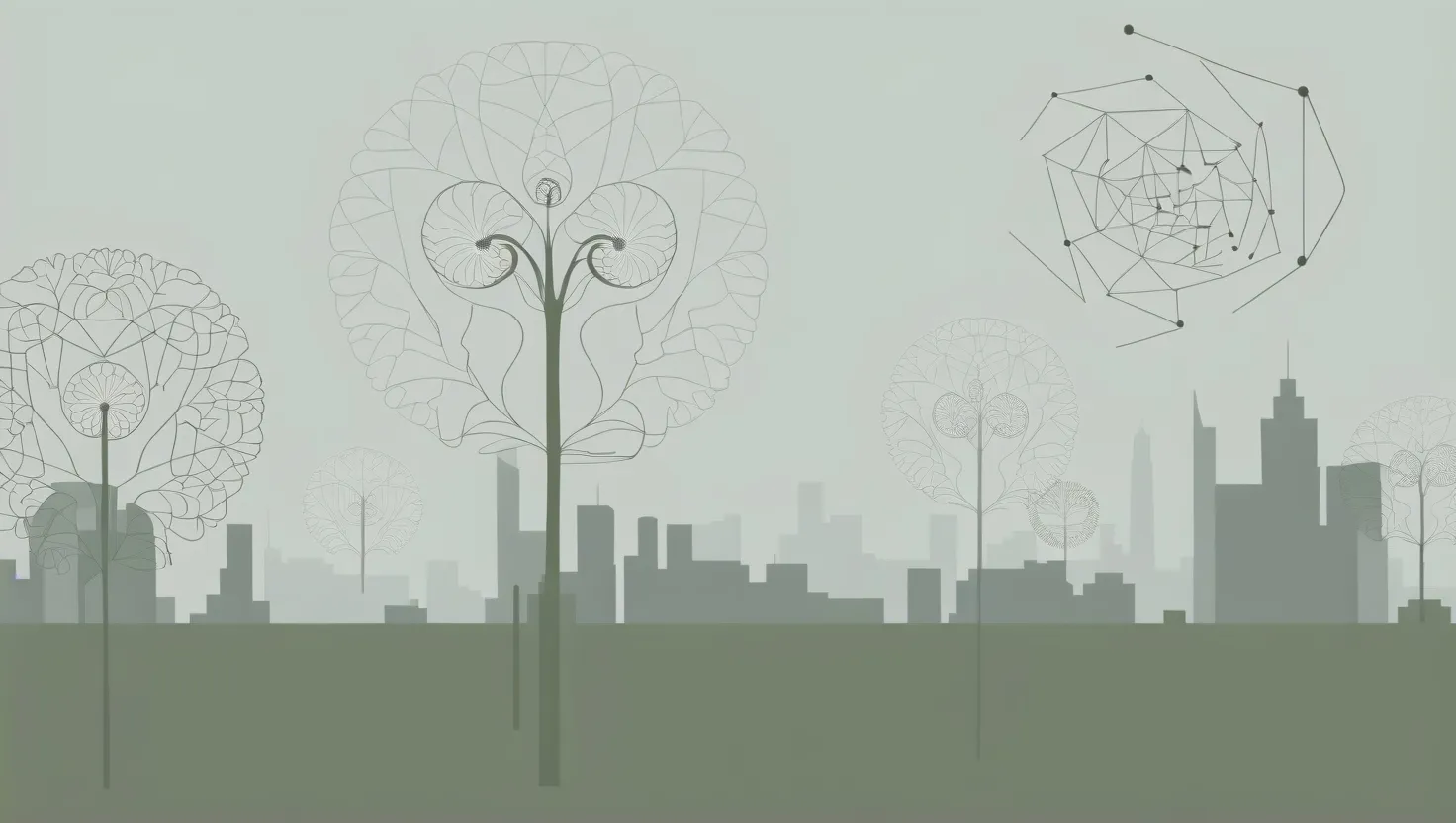Imagine you’re standing on the edge of the Grand Canyon in Arizona, taking in the serene and stunning view. It’s a breathtaking experience, but also a reminder of how even the most beautiful places can harbor danger. One wrong step or a gust of wind and you could be in serious trouble. This analogy extends well beyond our planet. Imagine the entire universe is on the edge of such a cliff, where a quantum fluctuation could send it plunging into oblivion. This isn’t just fiction; it’s a scenario supported by our current understanding of physics, specifically the standard model of particle physics.
The key to this precarious situation lies in understanding the Higgs boson and the top quark. According to quantum mechanics, everything is uncertain, including the stability of our universe. Quantum tunneling might push us from a ‘false vacuum’ state into a more stable ‘true vacuum,’ a shift that could effectively end life as we know it.
To grasp this, think of a ball in a landscape of hills and valleys, representing energy levels. If the ball is in a higher valley, it may seem stable but can still roll down to a lower valley if given enough energy. This is crucial in physics: systems always seek the lowest energy state. In classical terms, this is simple, but quantum mechanics, governed by the Heisenberg uncertainty principle, reveals a different reality.
In quantum mechanics, a particle’s position and momentum are always uncertain. This means it’s not just about having enough energy to roll down to a lower energy state; even without that energy, quantum tunneling might still make it happen. This is where our universe stands—possibly not in its most stable state but in a metastable ‘false vacuum.’
The Higgs boson, discovered in 2012, has significant implications here. It provides mass to fundamental particles, affecting the stability of the universe. Experimental data suggests that the Higgs potential isn’t in its lowest minimum, indicating that our universe is in a false vacuum state.
If an extremely high-energy event occurred, it could push a part of the universe into a true vacuum state. More alarmingly, even without such an event, quantum tunneling could spontaneously trigger a shift to a true vacuum. This would result in a bubble expanding at the speed of light, destroying everything in its path.
So, why aren’t we all in a state of panic? Physics may not be complete yet. Perhaps there are factors we haven’t discovered that contribute to the universe’s stability. Additionally, a metastable universe has an extremely long lifespan—potentially longer than the current age of the universe by many magnitudes.
However, there’s always a tiny chance this catastrophic shift could occur at any moment. But here’s the silver lining: if it happens, we won’t see it coming and it would be over instantaneously.
